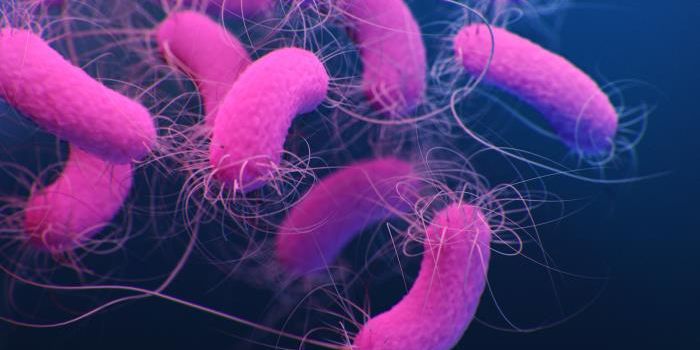The relationship between parasites and cancer is not new; researchers have known for many years about parasites that can cause cancers. But what about using parasites to fight cancer? A research group led by David Bzik of the Geisel School of Medicine at Dartmouth is seeking to learn more about how a pathogenic parasite called Toxoplasma gondii can help patients battle cancerous tumors.
T. gondii is a common parasite many people know about because it is carried by cats. If you’d like to get a deep understanding of it, check out the video above.
Ideally, the native immune system of a patient could be used against cancer, but because of immune tolerance, the body is unable to identify what cells should be slated for destruction. The immune system has to be able to distinguish between harmless, native cells, and foreign invaders. Scientists attempted to develop vaccines for cancer but because there was not a good understanding of the immune system, the approaches failed.
Bzik’s research team surmised that T.gondii would be great for use in cancer treatment because of how it manipulates the immune system. After infection, both parasite and host must be able to survive. The parasite secretes proteins that control the immune response of the host, and that allows the parasite to survive. That power over the immune system suggested that it could be harnessed to turn the body against invasive tumors that the body’s immune system would not otherwise recognize.
Building on previous work, the investigators created a strain of T.gondii suitable for use in a vaccine – it had been genetically modified so it wasn’t able to reproduce inside of the host. They found that when the vaccine (called cps) was injected into mice that had deadly types of ovarian cancer, the mice were cured of solid tumors. A pretty informative and short video explaining that work is seen below.
"Cps stimulates amazingly effective immunotherapy against cancers, superior to anything seen before," explained Bzik. "The ability of cps to communicate in different and unique ways with the cancer and special cells of the immune system breaks the control that cancer has leveraged over the immune system."
This research team has been at work for years to understand the details behind how T.gondii impacts the immune system.
Publishing in PLOS Genetics, they recently identified what proteins the parasite secretes that elicit the immune response to its invasion. Importantly, these proteins work to modulate the response of the immune system to infection.
After deleting each gene required for the secretion of those proteins, mice with aggressive cancers were injected with the genetically altered parasites. The scientists found that T. gondii secretes certain rhoptry and dense granule effector proteins before and after the invasion of a host cell. Those proteins worked to both control the effectiveness of the antitumor response by the host, as well as increase the survival of mice with ovarian tumors.
Other research groups are at work developing similar cancer therapies. Enlistment of the bacterium Listeria monocytogenes (attenuated for use in vaccines) in the fight against pancreatic tumors is currently in clinical trials. And since 2010, sipuleucel-T (Provenge®) has been used in patients with metastatic prostate cancer. Studies show that Provenge reduced the risk of death by 22.5% in patients.
The National Cancer Institute has prepared
information on cancer vaccines if you’d like to learn more about how cancer vaccines work and what research is under way.
Sources:
Cancer Research,
NIH National Cancer Institute,
Provenge,
PLOS Genetics,
Science Daily via
Norris Cotton Cancer Center Dartmouth-Hitchcock Medical Center,
Infection and Immunity,
AAAS/Eurekalert! via
PLOS

















































